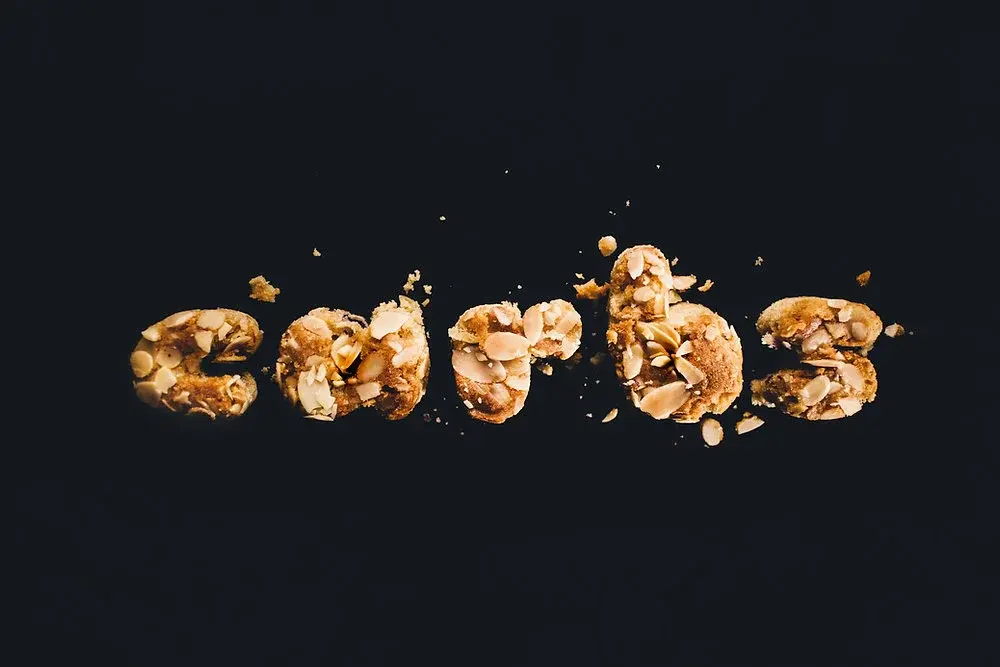- cross-posted to:
- science
Carbs, Fats, and the Mortality Maze: What Your Diet Means for Your Life Expectancy Grandma used to constantly say, “Eat your carbs, they give you energy!” but now, personal trainers are encouraging you to stop eating carbs and switch to keto. What gives, then? I stumbled uncovered an intriguing cohort research that may or may not put some of these arguments to rest. But guys, it’s data! In addition, data makes me more excited as a medical student than an aerobic workout. The study looked at how

Keto diets are unhealthy. You will lose weight in a very unhealthy way.
We’re overweight because we eat too many calories and we do not exercise enough.

I mean, we’re overweight in significant part because being overweight is simply a defined point. It’s based on 1970s statistical analysis of the weights of straight white men. It’s defined based on BMI, a statistical scale, and not based on any kind of weight threshold where we start seeing a meaningful phase shift in outcomes. You could get rid of a lot of obesity by just raising the setpoint of “obese” on the scales and your new system wouldn’t necessarily be more or less medically sound/evidence based than the current one.
Even this article is making sweeping claims based on a tiny cohort of a nondiverse group of people. It’s… just not interesting science. Very little science around weight is particularly good. Worse, it has some really obvious logical flaws. There’s an implication here that eating fewer carbs increases your risk of death – it could be the opposite, that people who are more likely to die eat fewer carbs. There’s a reason people use the word “healthy” to describe big appetites – not because gorging yourself is good, but because poor appetite is an almost universal sign of bad health. And the “40% increase” in cancer from high-fat diets may represent a very small increase in actual total risk of cancer because these factors are already so damned low.
Most people should just worry a lot less about how fat other people are because it’s really none of their business. We should be making sure people have access to healthy, fresh food and that processed food companies face strict regulatory oversight for predatory practices just because keeping people fed well is something we value, not because we hate fatness.

at this point everything in that food pyramid is bad for you

Everything in moderation. Carbs and fats aren’t either good or bad for you, they’re good in the correct amount and bad in an uncorrect amount (too little/too much).

yeah, i’m currently just calorie counting because it seems like every single food is going to send me in to an early grave according to the internet.

Having had to learn about ketoacidosis for my schooling, I was always confused how this keto diet was a good idea… ketones = bad is what I was told. I’m assuming you’re not going to the point of ketoacidosis, but having your body create ketones still doesn’t sound like something I’d want.

It would be interesting with what the carbs were substituted. As far as we know most sources of carbs are really bad for you. Some even worse than plain sugar, because they raise your blood sugar so much in a short time.
Of course fats (and proteins) are necessary to be healthy, because without them you will die. If you don’t provide enough carbs to burn the body will metabolize its own though hence the usefulness of external carbs is questionable except for calories. That’s the whole idea behind low carb and keto diets.
It would be really interesting to see this study repeated with another demographic. At least I assume that the normal diet is very carb heavy for most people there which might skew the results in different ways.
It was an interesting read nonetheless and I hope there will be more studies on this topic.

